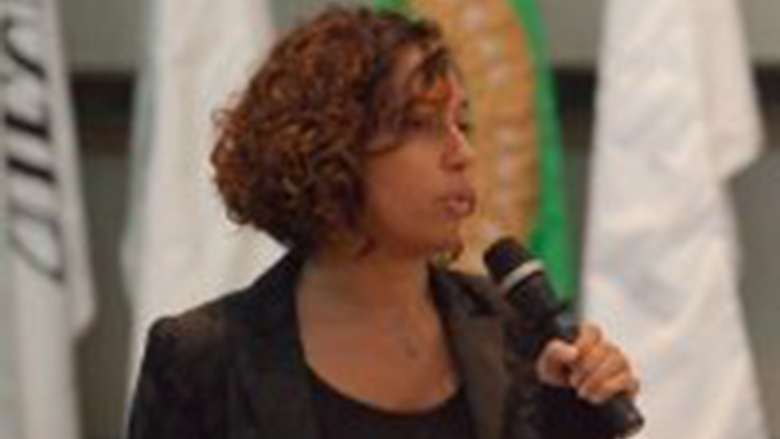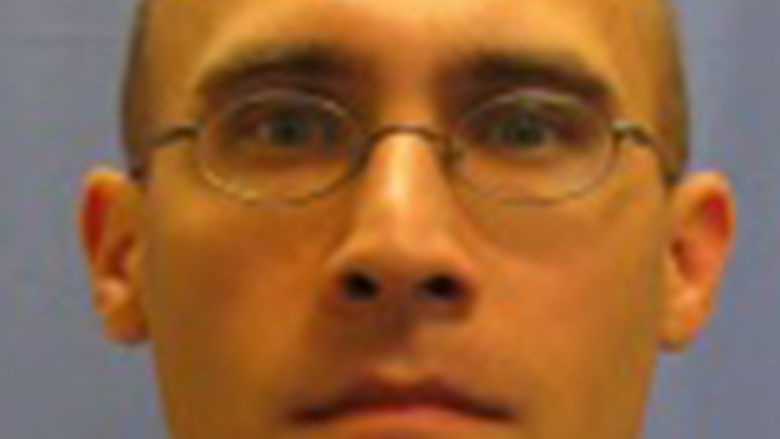Agricultural productivity in Africa is about one-fifth of that in the US and half of that in South Asia. Growth in total factor productivity shows the gap is not narrowing. With 70% of the rural low-income population participating in agriculture, agricultural innovation is central to ending poverty and boosting shared prosperity.
In this talk, Florence Kondylis will show how retargeting investments in agriculture can speed up the pace of innovation, while moving away from “extensification” and towards input intensification. Strong research collaborations with governments—covering everything from investments in extension to irrigation—help governments test their own solutions and retarget their investments to achieve higher returns.
Do extension systems make sense given the way farmers learn? How do we retool extension services to speed up technology adoption? What is the role of land registration? How do we design infrastructure investments to unpack complementarities and promote structural transformation? How do we target high-potential farmers? Florence will present evidence from a portfolio of large-scale field experiments in agriculture designed to speed up adoption of practices that boost the returns to agricultural investments, and outline new research areas ripe for the picking.


